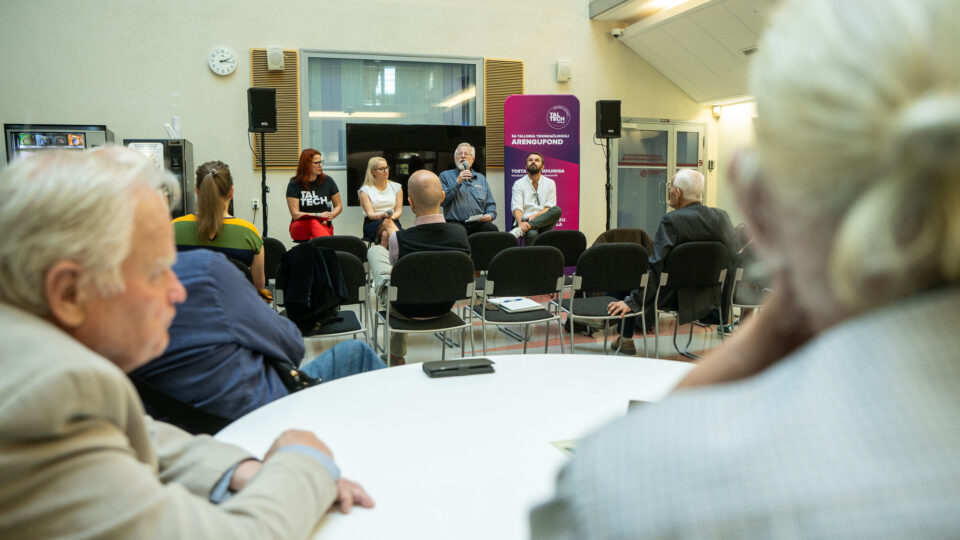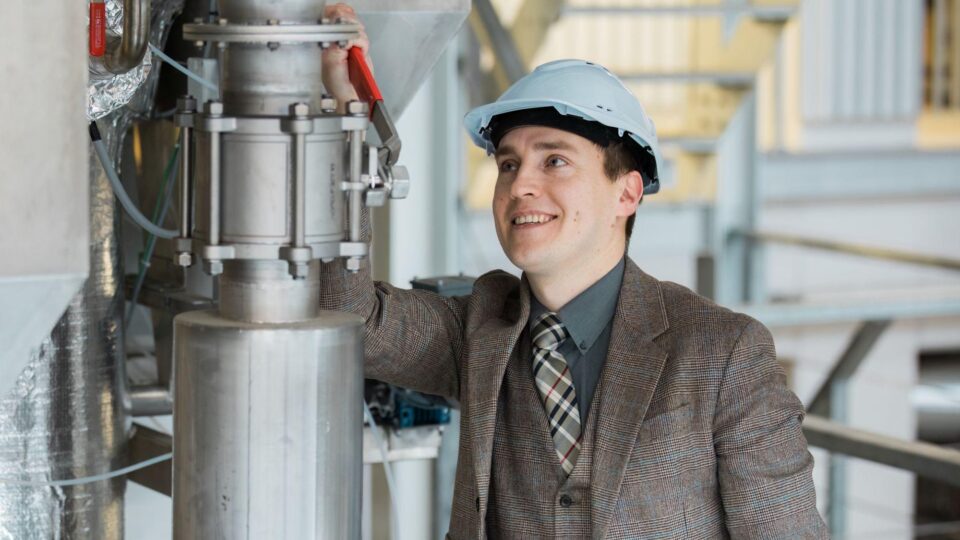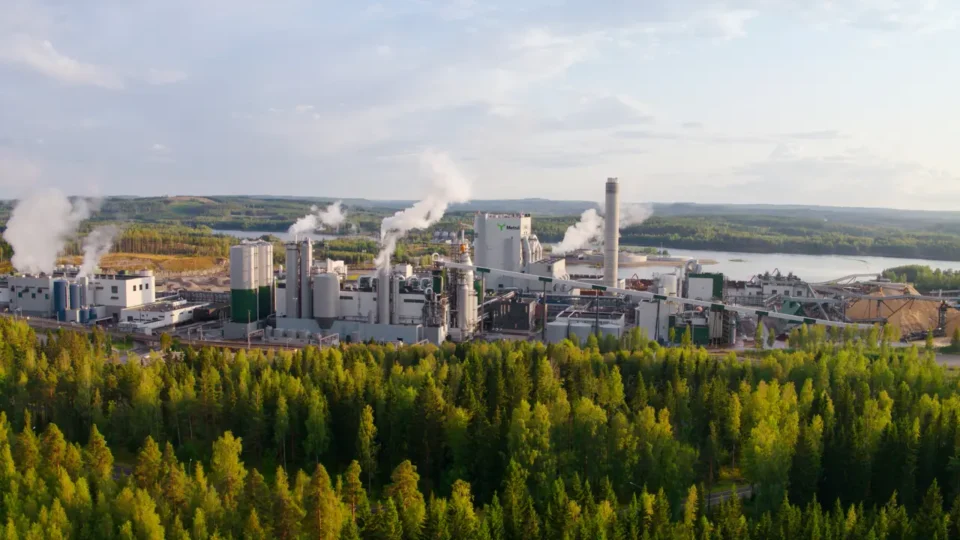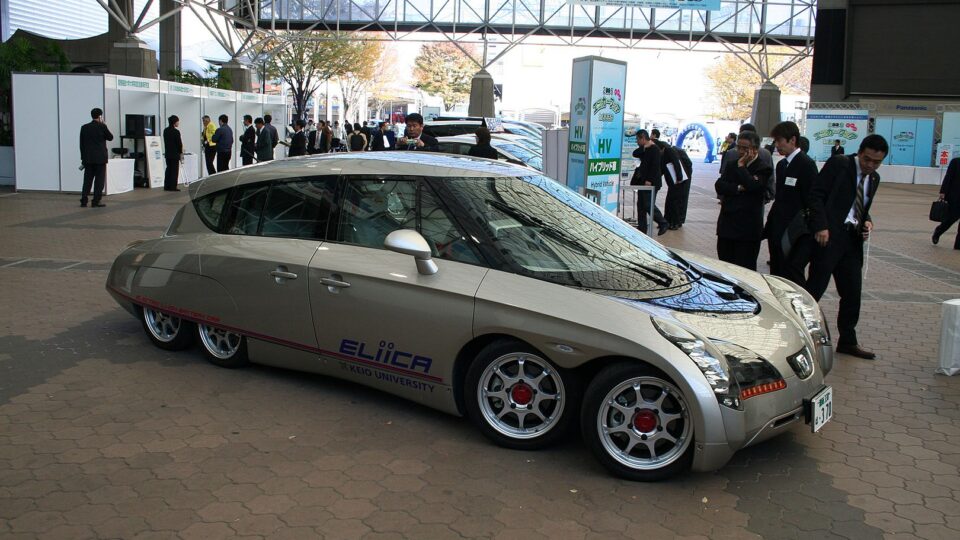TalTech’s Green Theme Month panel discussion tackled one of Estonia’s greatest social contradictions – climate skepticism – and asked what sustainability means in today’s world and which environmental problems engineering can actually solve. The discussion brought together academician Tarmo Soomere, professor Erkki Karo, ESG specialist Merili Vares, and was moderated by Mari Öö Sarv, editor-in-chief of Mente et Manu.
green transition
What is the energy transition? And why do we even need one – why can’t we just continue with oil shale?
The global shipping industry stands at the crossroads of sustainability and profitability, grappling with emissions cuts, new technologies, and the monumental costs of going green. Sina Atari, who recently defended his PhD thesis at TalTech, has dived deep into the financial undercurrents of this sector – uncovering surprising gaps, challenges, and opportunities that could reshape maritime investment strategies.
TalTech professor Alar Konist warns that the speed of the green transition must not come at the expense of system reliability and the competitiveness of the economy.
Denying human-induced climate change is like denying a solar eclipse by arguing that it is also dark at night. Erik Puura explains why climate change is a fact and how humanity has already successfully tackled an environmental crisis once before.
The European Union’s new Corporate Sustainability Reporting Directive (CSRD) has sparked mixed reactions among entrepreneurs – is it a necessary tool promoting transparency and responsible management, or just another bureaucratic burden? Estonian business leaders and experts discussed this topic at the Economic Vision Conference organized by TalTech, focusing on the practical value, challenges, and opportunities of sustainability reporting.
Estonia’s bioindustry is ready for its next leap, where biomass valorization and innovation open doors to sustainable economic growth and global competitiveness.
Even in climate change science and scientific-based policymaking, ideology and activism must be left at the door, writes Annela Anger-Kraavi, head of the Climate Change Policy Research Group at the University of Cambridge.
One ton of mobile phones contains more precious metals than one ton of ore. We need to turn our focus toward the circular economy.
Electric cars have made rapid progress over the past decade, but the European automotive industry is facing serious challenges. It may take a few more years before Europe rolls out its own affordable electric vehicles – but one day, we’ll all be driving electric cars anyway, writes Jüri Rute.









